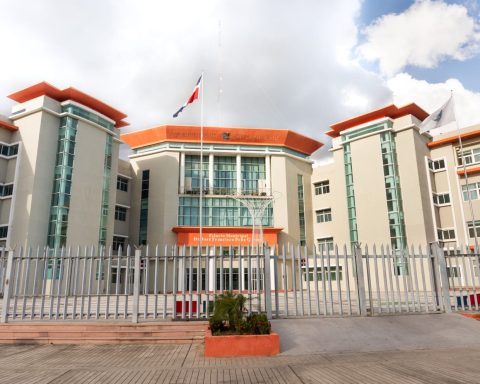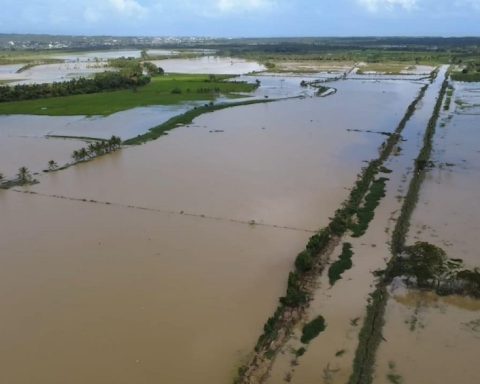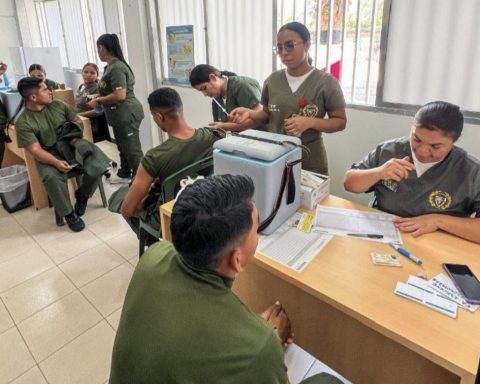The General Directorate of Internal Taxes (DGII) clarified that it is the foreign providers of digital services who will be the taxpayers of the tax on the transfer of industrialized goods and services (Itbis) that the Government plans to apply through a simplified registration and payment process, without this tax being detrimental to consumers of online platforms.
The draft regulations of the DGII on this matter, which was held at a public hearing between February and March of this year, indicates that the procedure for the application of the Itbis to digital services captured in the Dominican Republic and that are provided by foreign providers contemplates that the tax base of the Itbis It includes only the total amount of benefits received, whatever their nature, for services used and consumed in the country. In the provision of digital services between entities of the same group, the tax base will be its normal market value.
Likewise, it highlights that foreign suppliers will not be entitled to gross tax deductions established in article 346 of the Tax Code, unless they formalize a digital permanent establishment or with a fixed place of business in the country.
According to the draft, the process for foreign businessmen to pay taxes for offering their services in the country will be carried out through a special declaration that must be filled out electronically in the virtual office of the taxpayer of the DGII.
Due to legal changes in Puerto Rico, Netflix notified its users that a new 10.5% tax will apply to the cost of their membership.
In the Dominican Republic there is already resistance to a possible increase in the price of digital services by users, who have complained on social networks.
In disagreement
The fact that the DGII formalize a tax liability mechanism so that owners of websites such as Facebook, Amazon, Google, etc., pay taxes to the Government. NetflixSpotify, DiDi, Uber, airbnb and other digital service platforms, concerns different productive sectors at the national level.
In this regard, the construction sector considers it inappropriate to start taxing foreign companies that facilitate short-term rentals for digital platformsdue to the fact that the sector “still has not recovered” from the consequences of the COVID-19 pandemic and now faces the increase in construction materials due to the war between Russia and Ukraine.
In recent years, the construction of housing for rental purposes for airbnb has been the propellant that the sector has increased by 23.4% in 2021, since a large part of its economic performance has been possible due to investment in the construction of properties for seasonal rental by the international platform, he informed Free Journal Jorge Montalvo, president of the Dominican Association of Home Builders and Promoters (Acoprovi).
The Dominican Association of Home Builders and Promoters (Acoprovi) and the Association of Real Estate Agents and Companies (AEI) agree that it is necessary to open the dialogue table to evaluate different aspects that could affect investment in real estate and users. “Any regulation regarding rentals must contribute to promoting the healthy development of the real estate market and not discourage investment by those who buy for these purposes, since, among the purchasers, a proportion belongs to the middle class,” said Acoprovi.
four rules
The DGII considers four special rules to determine the base of the tax to collect. In the case of online advertising services, the draft regulation indicates that it will be applied to the total income obtained by the proportion that represents the number of times the advertising appears on devices located in the country, with respect to the total number of times that advertisement appears.
For online intermediation services -he adds- in which there is facilitation of deliveries of goods or provision of underlying services directly between users, such as airbnbwill be applied to the total income obtained from the proportion that represents the number of users located on Dominican soil, with respect to the total number of clients that intervene in that service.
The draft also explains that the tax base of the other intermediation services will be determined by the total amount of the income derived directly from the users when the accounts that allow access to the digital interface used have been opened using a device that is in the moment of its opening anywhere in the Dominican territory.
For data transmission platforms, it stipulates that the Itbis “To the total income obtained, the proportion that represents the number of users who have generated said data and who are located in the country.”

















